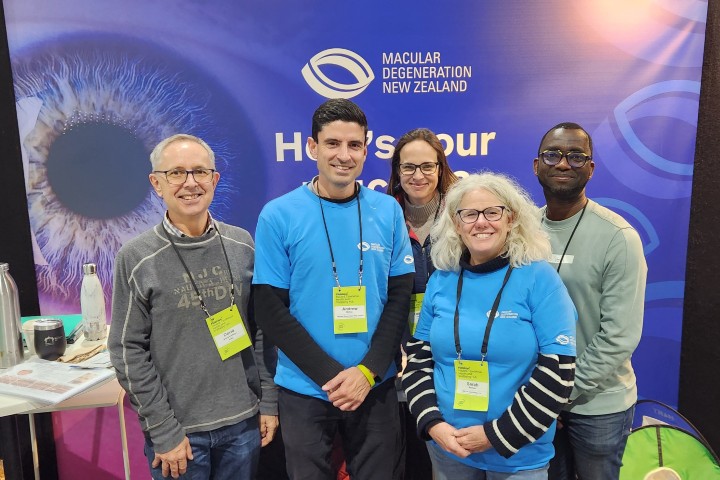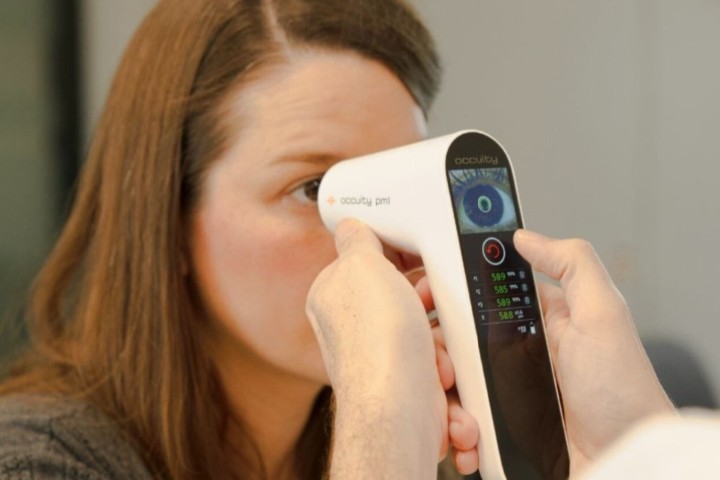Junior surgeon thumbs-up for ISBCS
London’s Moorfields Eye Hospital pitted consultant ophthalmologists against their more junior colleagues to compare immediate sequential bilateral cataract surgeries (ISBCS) outcomes over three years to better understand the relationship between the grade of surgeon and ISBCS outcomes.
“Previous studies have shown promising results for ISBCS performed by consultants and senior residents, but these studies had relatively small sample sizes,” reported the study team in Eye.
The study reviewed ISBCS performed by phacoemulsification and intraocular lens implant in 553 eyes by resident ophthalmologists and 687 eyes by consultant ophthalmologists. Outcomes examined included complications, refraction and uncorrected distance visual acuity (UDVA logMAR) at three months post-ISBCS. Results reported show UDVA post-surgery was similar in both groups (P = 0.26). Intra- and postoperative complications were comparable between groups (RR = 1.88 (95% CI 0.8; 4.2) P = 0.13) and there was no statistically significant difference in refractive outcomes between the groups.
“The grade of the surgeon, PCR risk and predicted refraction were not significant predictors of postoperative refractive error (SE > 0.5D),” the team reported, concluding that, “Given the broader fiscal and workforce challenges, our findings advocate that resident ophthalmologists performing ISBCS under supervision may enhance training opportunities.”


























